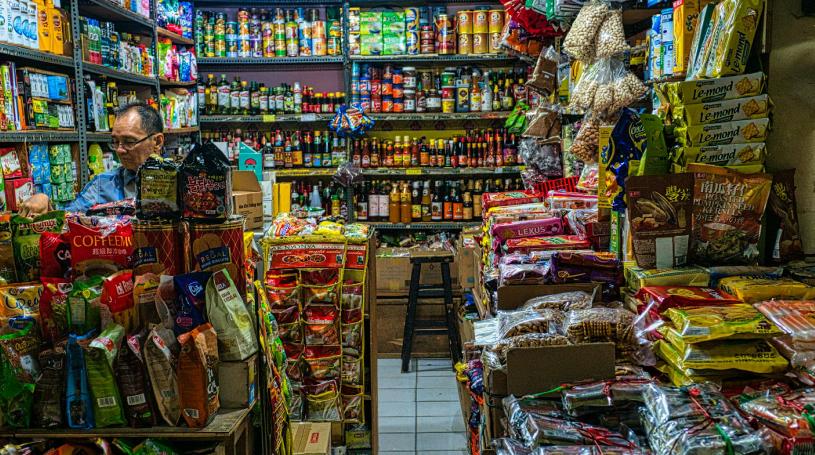Government decree to have all spaza shops registered in just 21 days is potentially disastrous for small business
A government decree to have all spaza shops registered with their local municipality in just 21 days is potentially disastrous for small business and the distribution of food to poor communities.
The crackdown against spaza shops is a kneejerk reaction to multiple tragic fatal poisoning incidents -- involving at least22 children -- and many additional non-fatal cases including nine reported this week in Mossel Bay. Rather than targeting the criminals responsible for peddling illegal pesticides linked to these incidents, government would dish out collective punishment to an entire economic sector that supports a large proportion of households in underprivileged areas.
There are many other reasons why this move is ill-conceived, not least the fact that it is completely unrealistic. Struggling municipalities and law enforcement agencies are already failing to fulfill their service mandate due to well-publicized budget and capacity challenges. It is implausible for these under-resourced state entities to ensure tax compliance and provision of the necessary company documents and food safety certificates – as per the new spaza shop requirements.
It is also implausible to expect the many thousands of spaza shops, the vast majority of them run by law-abiding traders with staff and dependents, to now comply with multiple layers of regulation in just three weeks time. Such a move is tantamount to criminalising an entire vital sector of our economy, and evokes memories of the similarly ill-advised crackdown against non-compliant taxis that ultimately proved hugely damaging.
As Cape Chamber we strongly believe that constructive dialogue will reap better and sustainable results as opposed to strong-arm tactics that serve only to enflame an already volatile situation.
As such the spaza shop crackdown is a disaster waiting to happen. Government would arrest hard-working business owners while in many areas gangsters and drug dealers go free. Current food safety concerns should not overshadow the enormous contribution spaza shops make to the economy. Townships are run on informal food businesses everywhere.
Big business is likely to be the main beneficiary of government’s ill-advised spaza shop action plan.
In our view state resources would be better spent on identifying those directly responsible for food safety hazards, such as those arrested at a reportedly illegal sausage processing facility in Mfuleni. Targeted interventions of this kind would be a more effective strategy in improving long-term food safety standards and public health.
Jacques Moolman
President of the Cape Chamber of Commerce and Industry

